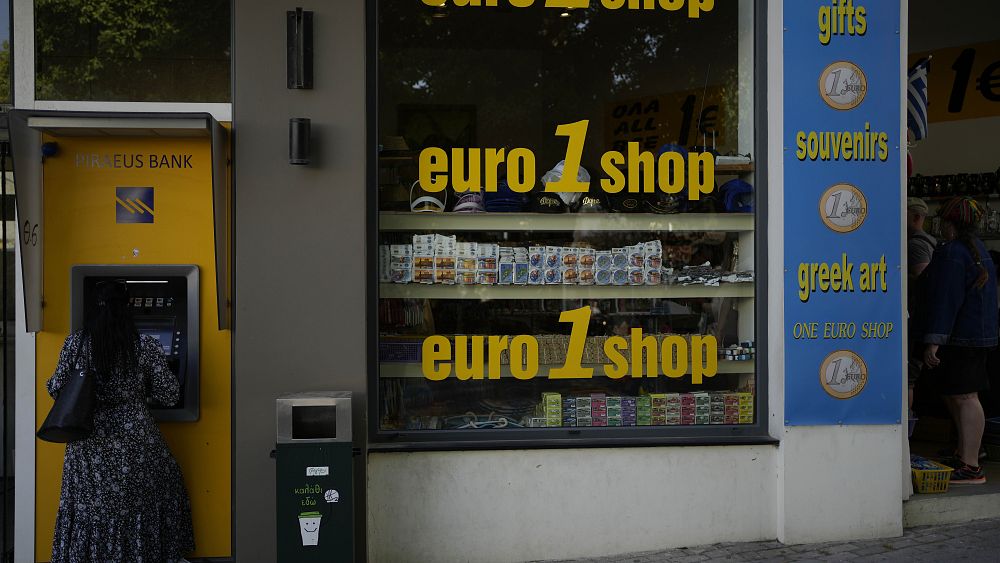
Economic activity in the European region shrank at the fastest pace in eight months in July, as the slowdown accelerated on the back of output cuts, key survey results showed on Monday.
The HCOB Flash Eurozone PMI data released by Standard & Poor’s fell to 48.9 in July from 49.9 in June.
“Manufacturing remains weak in the eurozone. Manufacturers cut production again in July,” said Cyrus de la Rabia, chief economist at Hamburg Mercantile Bank.
“The eurozone economy is likely to contract further in the coming months as momentum in the services sector continues to slow,” he added.
Germany shrank for the first time since January on the back of a sharp drop in factory output, the latest figures showed.
The painful PMI data comes as the European Central Bank looks set to raise interest rates again this week to curb inflation.
Inflation in the eurozone eased to 5.5 percent as energy prices fell, but food and drink prices remained high.
With consumer prices still above the ECB’s 2% target, another rate hike looks almost certain when ECB policymakers meet on Monday.
But the central bank faces growing discontent in countries that fear higher interest rates will hurt growth.
The eurozone entered a technical recession at the start of the year, and growth is expected to be weak at around 1 percent this year.
“The latest PMI reading will not satisfy ECB officials as prices are still rising in the private sector, led only by the core services sector,” de la Rabia said.
“Therefore, ECB President Christine Lagarde will stick to her stance and raise interest rates by 25 basis points at the next monetary meeting,” he added.
The Frankfurt-based firm raised borrowing costs at an all-time high to combat high inflation after Russia’s war in Ukraine pushed up food and energy prices.
Key interest rates have risen by four percentage points since July last year, with the European Central Bank’s deposit rate now steady at 3.50 percent – the highest level since 2001.

“Award-winning beer geek. Extreme coffeeaholic. Introvert. Avid travel specialist. Hipster-friendly communicator.”






